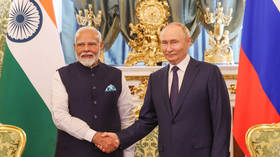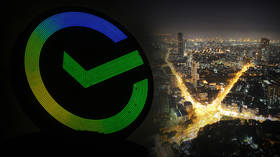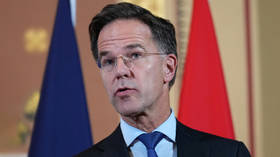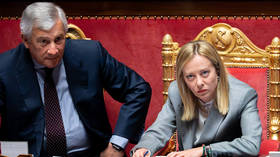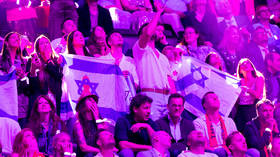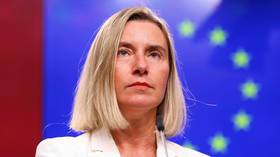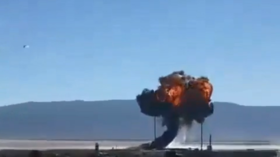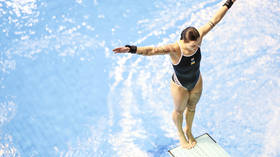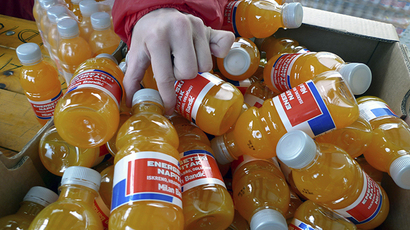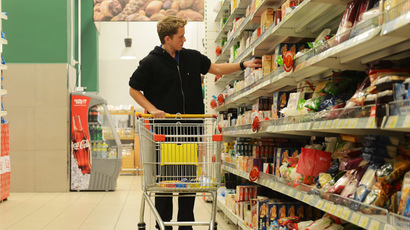World’s first: Lithuania enacts law banning sale of energy drinks to minors
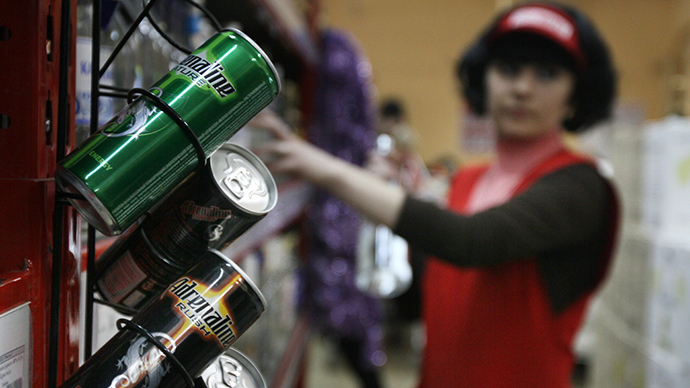
A law banning the sale of energy drinks to minors came into force in Lithuania on Saturday, making it the first country in the world to introduce such restrictions.
"It's a revolutionary development the world over: we didn't
find a single other country to have this kind of ban,"
health ministry official Almantas Kranauskas told AFP. "Most
countries only have recommendations. We are the first."
Violators who sell the drinks to minors will face a fine up to
400 litas (US$144), while underage buyers will have to pay up to
200 litas ($72), according to the law.
The restrictions apply to non-alcoholic energy drinks containing
more than 150 milligrams of caffeine per liter, according to
local media.
The Seimas of Lithuania unanimously adopted the ban in May
following a vote, with only six people choosing to abstain. The
amendments were initiated by Dangute Mikutiene, Labor Party's MP
and the chairwoman of the parliamentary Committee on Health.
The Baltic state’s government justified the strict actions by
citing health concerns. Lithuania’s officials said that a high
concentration of caffeine may lead to addiction and hyperactivity
among adolescents. The parliamentarians added that according to
scientific studies, energy drinks may encourage teenagers to try
drugs.
Kranauskas told AFP that according to a recently conducted
survey, 10 percent of school-aged Lithuanians drink energy
beverages.
Numerous studies have pointed to the risks posed by the
consumption of energy drinks by adolescents.
“Some teens and even young adults are finding themselves in
an emergency room after regularly consuming these popular
beverages,” according to research conducted by Rutgers
Biomedical and Health Sciences last year.
Meanwhile, a study commissioned by the European Food Safety
Authority in 2013 revealed that youths are more inclined to
consume energy drinks than adults. The study found that 68
percent of adolescents in Europe aged 10 to 18 years old drink
such beverages.
Experts from the World Health Organization (WHO) warned in
October that high-caffeine energy drinks are being widely
consumed by young people, and that that such drinks were being
“aggressively” marketed to children.
WHO researchers have also urged the introduction of stricter
regulations, such as the “restriction of labeling and sales
of energy drinks to children and adolescents.”
Energy drink producers have argued that they don't market to
children, adding that their products typically contain less
caffeine than a Starbucks coffee.
"This solution to this non-existent problem is just a waste of
time for businessmen and state institutions," Remigijus
Senavaitis of the Lithuanian Free Market Institute told AFP.


